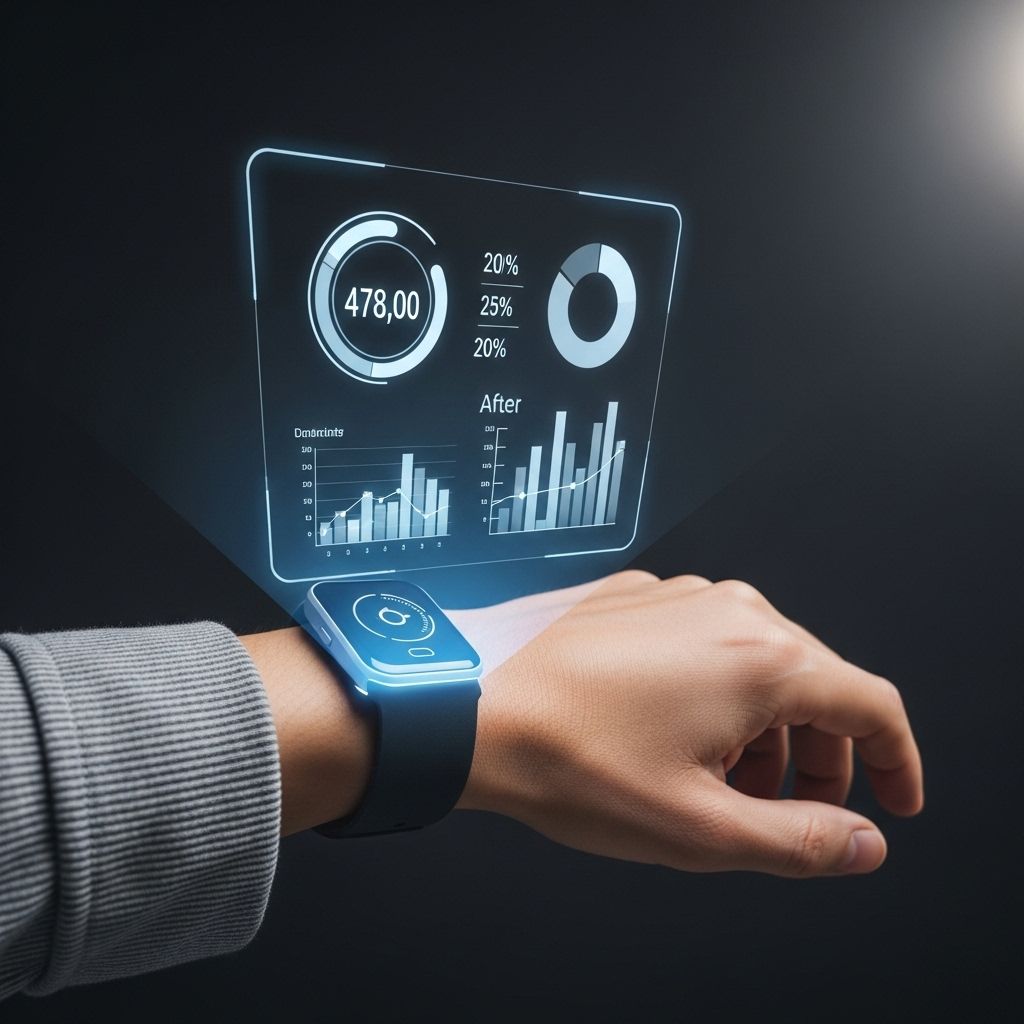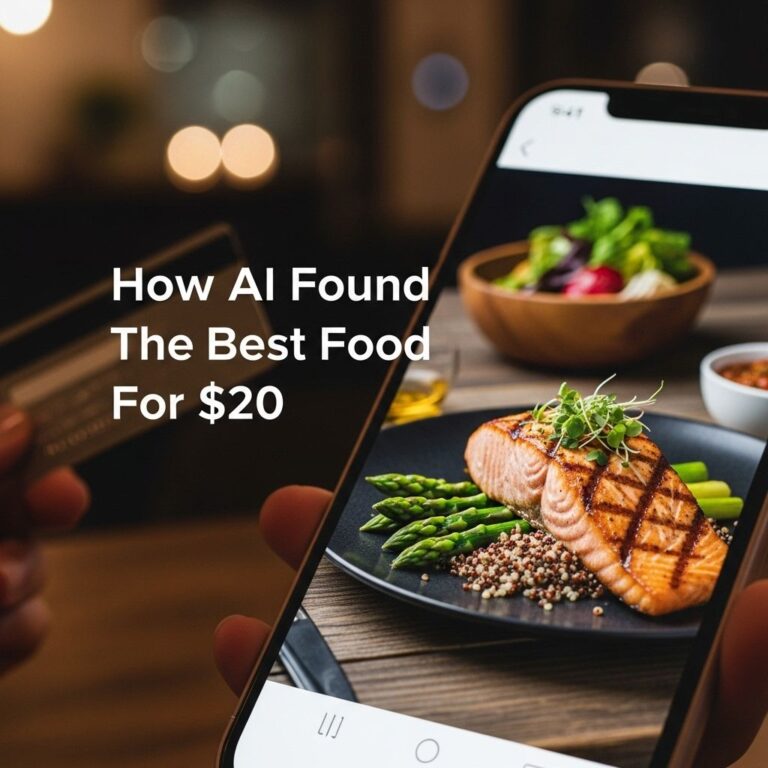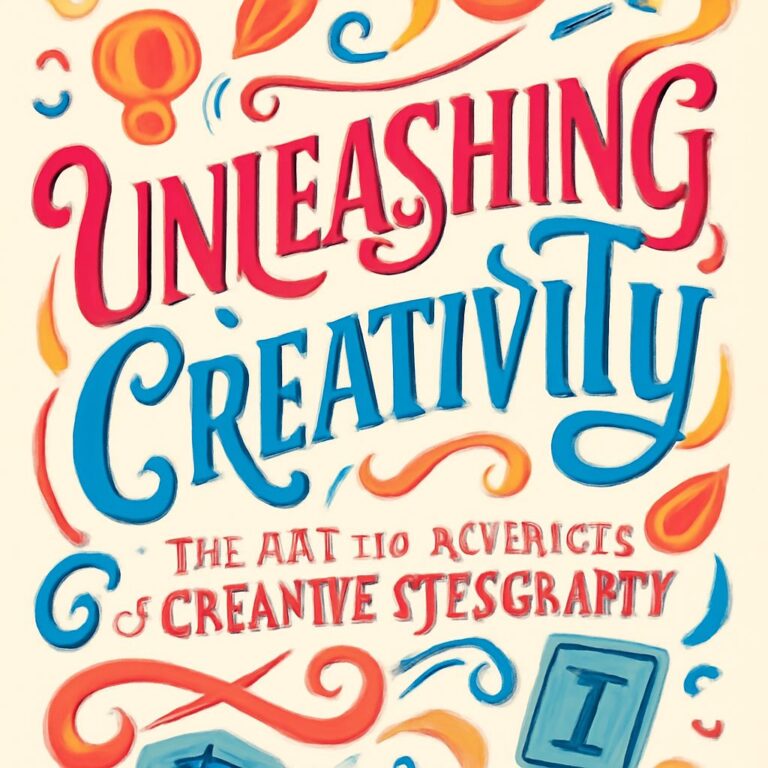The integration of Artificial Intelligence (AI) in the health sector has revolutionized personal health management and wellness strategies. From tracking fitness metrics to providing tailored meal plans, AI technologies present innovative solutions for achieving better health outcomes. In this article, we will explore the various ways AI has played a pivotal role in transforming health journeys, showcasing its applications and benefits.
Table of Contents
Understanding AI in Health
Artificial Intelligence refers to the simulation of human intelligence in machines programmed to think and learn. In healthcare, AI can analyze vast amounts of data to assist in decision-making, predict outcomes, and provide personalized recommendations. The synergy of AI with health data has opened new frontiers in preventative care, diagnostics, and lifestyle management.
Key Applications of AI in Health
AI’s applications in health are diverse and impactful. Here are some key areas where AI is making a difference:
- Predictive Analytics: AI algorithms can evaluate data to predict health outcomes, enabling proactive intervention.
- Personalized Health Plans: AI can analyze individual preferences and health data to create customized fitness and nutrition plans.
- Telemedicine: AI-powered chatbots provide instant health consultations, making healthcare more accessible.
- Wearable Technology: Devices like smartwatches utilize AI to monitor health metrics and provide real-time feedback.
- Drug Discovery: AI accelerates the drug discovery process by analyzing biological data and predicting how compounds will behave.
Transformational Tools for Personal Health Management
AI-driven tools are now at the forefront of personal health management. These tools not only track data but also facilitate behavioral changes that lead to improved health outcomes.
1. Health Tracking Applications
Applications such as MyFitnessPal, Fitbit, and Apple Health leverage AI to provide users with insights into their health metrics. Some features include:
| Feature | Description |
|---|---|
| Caloric Tracking | AI suggests daily caloric intake based on user-defined goals. |
| Activity Monitoring | Tracks physical activities and provides personalized workout suggestions. |
| Sleep Analysis | Analyzes sleep patterns and offers recommendations for better rest. |
2. Meal Planning and Nutrition
AI-driven meal planning tools such as Eat This Much and PlateJoy help users adhere to dietary guidelines tailored to their health goals. Benefits include:
- Personalized meal suggestions based on dietary restrictions and caloric needs.
- Automated grocery lists based on selected meals.
- Integration with smart kitchen devices for enhanced cooking experiences.
Behavioral Modifications Through AI
Adopting a healthier lifestyle often requires changing ingrained habits. AI tools assist in this transition by providing motivational support and behavioral insights.
1. Virtual Coaching
AI-powered platforms like Noom and Lark offer virtual coaching that provides daily motivation and accountability. These services have features such as:
- AI chatbots that engage users in conversation about their progress.
- Personalized advice based on ongoing data analysis.
- Daily reminders to encourage adherence to fitness goals.
2. Gamification of Health Goals
Applications like Zombies, Run! gamify fitness by turning workouts into adventures. Users can:
- Complete missions while running or walking, making exercise more enjoyable.
- Track progress and earn rewards for achieving fitness milestones.
- Engage with a community for collective motivation.
The Impact of AI on Mental Health
The mental health sector has also seen the positive effects of AI. Tools that facilitate mental wellness are increasingly being utilized to support users in their emotional journeys.
AI-Assisted Therapy
AI-powered mental health apps like Woebot and Wysa provide on-demand support through conversational agents that can:
- Offer cognitive behavioral therapy (CBT) techniques.
- Help users recognize negative thought patterns and provide coping strategies.
- Track mood patterns and suggest actionable insights for improvement.
Community and Support Networks
Online support platforms harness AI to connect individuals with similar experiences, offering support through:
- AI-moderated forums for sharing personal stories and advice.
- Tailored resources based on user interactions and expressed needs.
- Real-time feedback based on mood tracking and engagement.
Challenges and Considerations
While AI presents remarkable opportunities in health management, there are significant challenges and ethical considerations to address:
Data Privacy and Security
As with all technology that gathers personal data, privacy is paramount. It is essential for users to:
- Understand how their data is used and stored.
- Choose applications that comply with data protection regulations.
- Regularly review privacy settings.
Dependence on Technology
Over-reliance on AI tools can lead to diminished personal responsibility towards health. Users should balance:
- Using technology as a supplement, not a substitute, for professional medical advice.
- Maintaining awareness of their health needs outside of app recommendations.
- Engaging in traditional health practices along with AI-assisted methods.
The Future of AI in Health
As technology advances, the role of AI in health will only expand. Anticipated developments include:
- More sophisticated algorithms capable of real-time health monitoring.
- Increased integration of AI with genomics for personalized medicine.
- Wider availability and affordability of AI health solutions for underrepresented populations.
Conclusion
AI has undeniably transformed the health journey for many, providing tools that facilitate better decision-making and lifestyle changes. Whether optimizing nutrition, encouraging fitness, or supporting mental health, AI-enabled platforms are reshaping the landscape of personal health management. By embracing these technologies while remaining vigilant about their limitations and ethical implications, individuals can harness the full potential of AI in their pursuit of improved health.
FAQ
How has AI impacted personal health management?
AI has revolutionized personal health management by providing tailored insights, predictive analytics, and personalized health recommendations based on individual data.
What role does AI play in fitness tracking?
AI enhances fitness tracking by analyzing user activity patterns, suggesting workouts, and setting realistic health goals based on performance data.
Can AI assist in managing chronic illnesses?
Yes, AI can assist in managing chronic illnesses by monitoring symptoms, predicting flare-ups, and recommending lifestyle adjustments to improve patient outcomes.
How does AI improve mental health support?
AI improves mental health support through chatbots and apps that provide immediate assistance, track mood changes, and suggest coping strategies based on user feedback.
What are the benefits of using AI for nutrition advice?
AI offers personalized nutrition advice by analyzing dietary habits, preferences, and health goals, leading to more effective meal planning and healthier eating choices.









